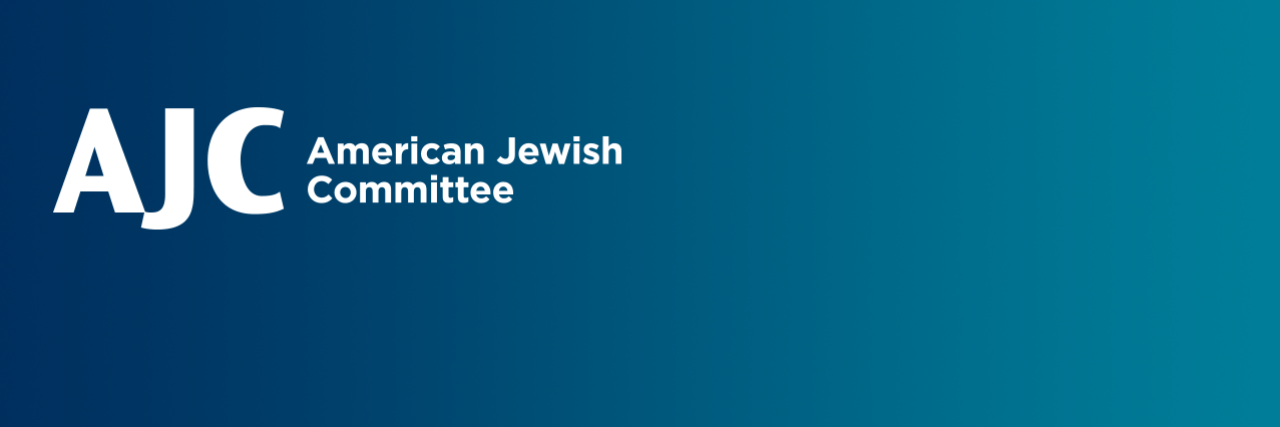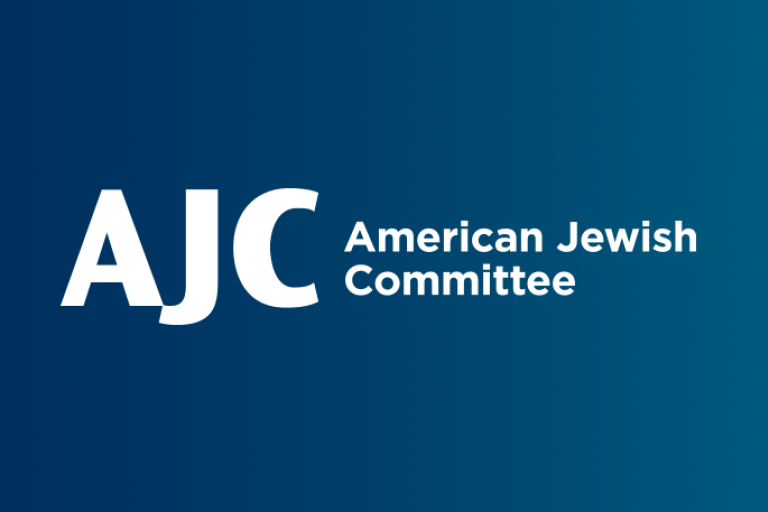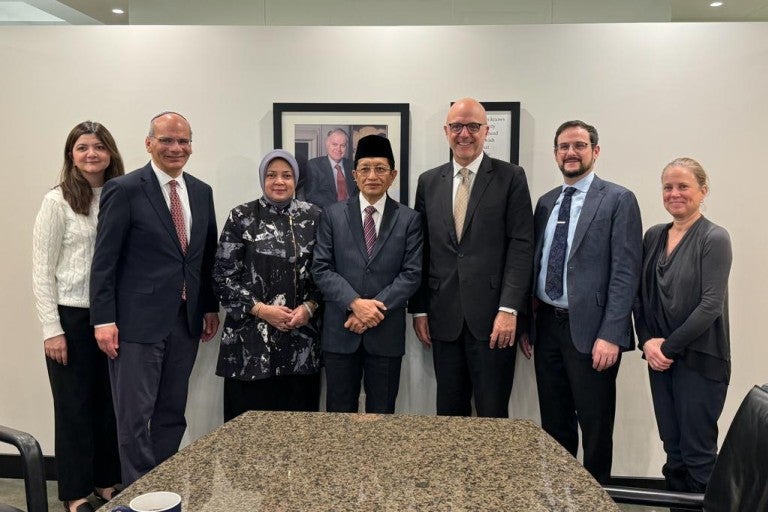November 14, 2019 — New York
The Muslim-Jewish Advisory Council (MJAC) is calling on the U.S. Congress to pass the Jabara-Heyer National Opposition to Hate, Assaults, and Threats to Equality (NO HATE) Act following the release of the Federal Bureau of Investigations (FBI) report on hate crimes. The Hate Crimes Statistics report shows 7,120 hate crime incidents in 2018, down slightly from the 7,175 incidents reported in 2017. Anti-Jewish incidents remain the majority of religious-based hate crimes.
Participation in the FBI’s hate crime data collection system is voluntary, making it difficult to get a true number of hate crimes taking place in the country. The great majority, 87 percent, of the law enforcement agencies that sent data to the FBI said no hate crimes were reported in their jurisdictions during 2018.
More than 80 cities with a population of 100,000 residents or more reported zero hate crimes or did not submit any data. According to the Justice Department’s Bureau of Justice Statistics, Americans experience an average of 250,000 hate crimes each year, but most are not reported to the police.
“It is unacceptable that many hate crimes in America are not reported or investigated,” said Stanley Bergman, Co-Chair of MJAC. “The need to protect religious and ethnic minorities, as shown by the fatal assault at the Tree of Life synagogue in Pittsburgh last year, should move Congress to pass the NO HATE ACT.”
MJAC met with many Senate offices last week to advocate for passage of the bill.
The NO HATE Act incentivizes State and local law enforcement authorities to improve hate crime reporting by applying for grants managed through the Department of Justice. The grants, authorized from existing funds, will provide resources such as law enforcement trainings, the creation of reporting hotlines, increased resources to liaise with affected communities, and public educational forums on hate crimes. The bill also amends the penalties for hate crimes to allow courts to require hate crime offenders to undertake educational classes or community service directly related to the community harmed by offense as a condition of release.
“Providing state and local law enforcement authorities the resources they need is essential so they will submit data to the FBI for its annual report,” said Farooq Kathwari, Co-Chair of MJAC. “Without complete data, we are unable to understand how best to address the issue of hate crimes in America.”
MJAC is a civil society coalition established by American Jewish Committee (AJC) and Islamic Society of North America (ISNA). Founded three years ago, MJAC brings together 45 civil society, religious, and business leaders from across the U.S. to advocate for domestic policy issues of common concern. Ten regional councils in Dallas, Detroit, Houston, Kansas City, Los Angeles, Miami, New Jersey, New York, Philadelphia, and Washington, D.C., represent a network of hundreds of Muslim and Jewish leaders committed to working together for the good of both communities and the country. MJAC stands at the forefront of those confronting hatred against religious minorities and has made stemming the rise in hate crimes a key advocacy issue.


